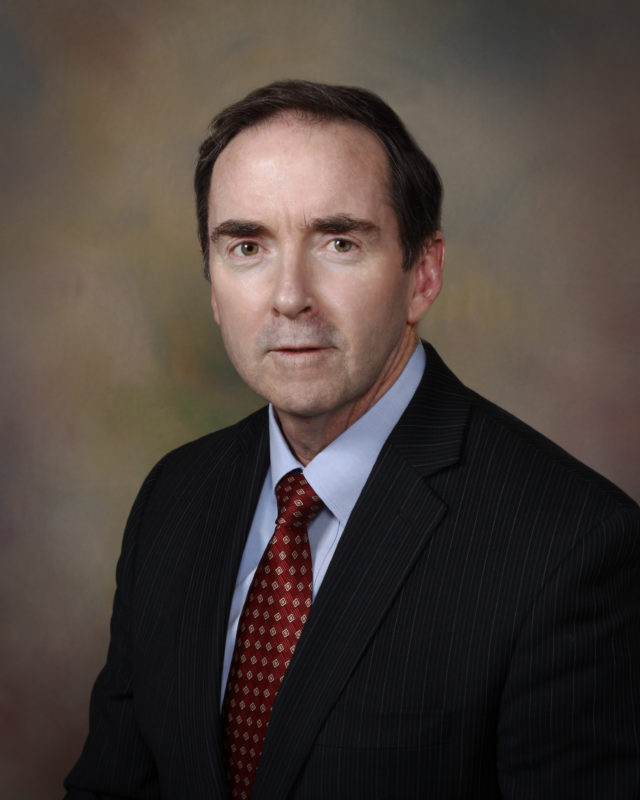As a partner of a small firm, I am constantly searching for best practices and pieces of wisdom from successful attorneys and business owners I admire.
This article shares some insight from Charles “Chuck” Louderback, a senior trial practitioner in the solo and small firm space, about how he grew his firm; leaving a large law firm; and how he partners with other small firms to achieve excellent results for his clients.

The Importance of Networking
Networking is a critical part of growing both Chuck’s business and the business of any small law firm. Chuck estimates that since founding the Louderback Law Firm in 1998, 95% of his clients come from referrals from other lawyers, clients he previously represented, or opposing counsel.
Chuck believes in three key points to network effectively:
- Doing outstanding work for your clients;
- Demonstrating commitment and success; and
- Putting aside ego and engaging on a personal level with other attorneys.
The Hardest Career Decision
Chuck says that choosing to go from a large firm to a small firm was the most difficult decision of his career. The role of a partner and member of the Board of Directors at a large firm brought him financial security, a multitude of resources, and a high level of prestige. His decision to start a small law firm carried huge financial risks—lots of personal guarantees for employee benefits and payroll, overhead for rent, furniture and IT equipment, profit-sharing and litigation expenses. However, the personal risk was worth the reward for him.
Effective Management of a Small Law Firm
With his six-attorney firm, Chuck places an emphasis on communication. He has weekly case management meetings to discuss upcoming obligations and pretrial discovery strategy such as taking depositions, propounding and answering written discovery and the use of experts for trial. When a case gets very big and he needs help from more than his immediate circle of six, he often partners with other firms. For example, he partnered with another law firm in a class action that lasted for thirteen years and involved an unlawful tax practice by the defendants.
About the author:
Lindsey S. Mignano is a board member of the Barristers Club of the Bar Association of San Francisco. She represents emerging and small businesses in the Bay Area with her firm Smith Shapourian Mignano.

